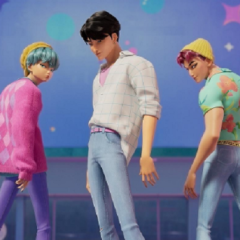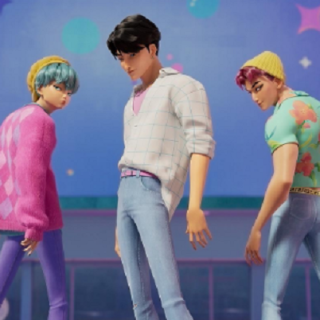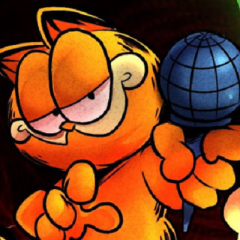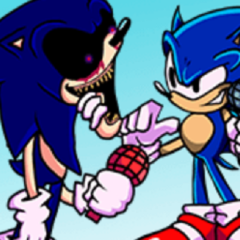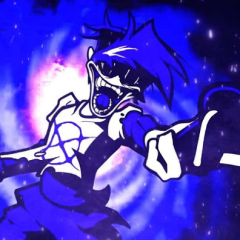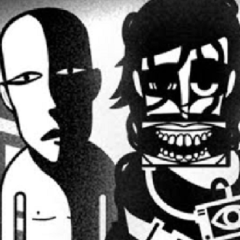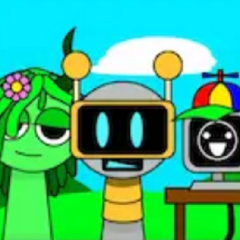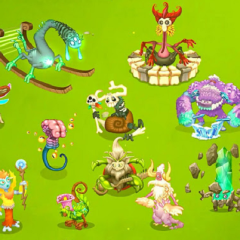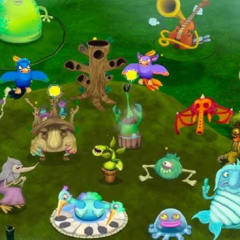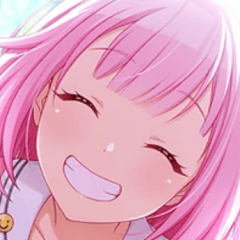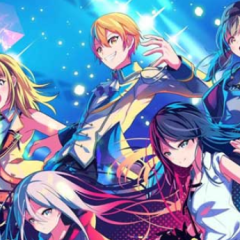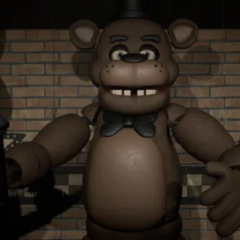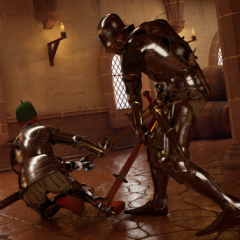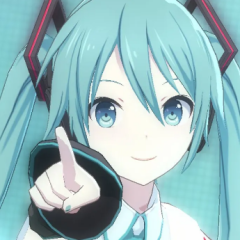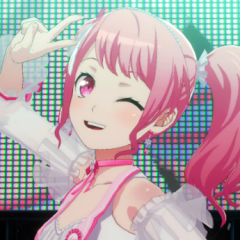Kpop Demon Hunters is an action role-playing game that combines modern music culture with fantasy combat elements. Players control a team of performers who also act as protectors against supernatural forces threatening the world. The game introduces a dual structure, where characters maintain their careers as entertainers while secretly fighting enemies that appear in hidden locations. Each playthrough involves building skills, maintaining energy, and completing missions that progress the storyline.
Gameplay And Progression
The main system in Kpop Demon Hunters is squad-based combat mixed with management tasks. Players form a group of characters, each with unique abilities, and take them into missions where they fight demonic creatures. Between missions, the group balances rehearsal schedules, concerts, and interactions with fans, which directly influence their stamina and reputation. Success depends on maintaining both public image and battle readiness, as ignoring one side can weaken overall progress.
Features And Modes
Kpop Demon Hunters provides several features that allow players to approach the game in different ways. Combat is supported by real-time mechanics, while the management layer introduces strategy and planning. Because of this dual focus, players often switch between fast action and slower decision-making phases.
Key features include:
· A roster of characters with distinct skills and roles
· Real-time combat missions against waves of enemies
· Management of schedules including training and performances
· Resource systems that track energy, reputation, and finances
· Story chapters with branching decisions and multiple outcomes
Strategy And Team Building
To succeed in Kpop Demon Hunters, players must carefully balance team composition and daily planning. Choosing which character to train, which event to attend, and which mission to prioritize affects long-term results. Some missions require stronger combat abilities, while others reward high popularity levels. The game encourages replay because different choices open alternative paths and endings. Experimenting with different team structures and schedules is central to mastering the system.
In summary, Kpop Demon Hunters is designed around a blend of action and management. It challenges players to think about both short-term combat tactics and long-term planning of group activities. By linking performance culture with fantasy battles, the game creates a structure that is flexible, replayable, and centered on player decision-making. Each run offers opportunities to test new strategies, making it a game that can evolve with every session.

